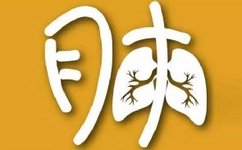
Grandpa Wang, what is the cause of my illness? I don’t drink or smoke.
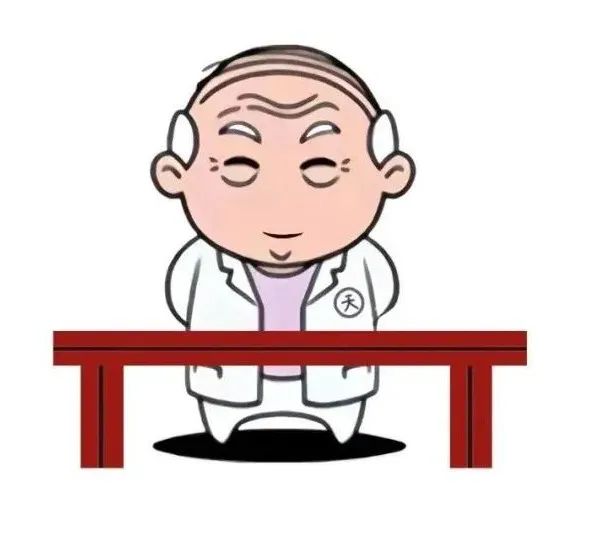
Well, people eat grains and develop various diseases; just get it treated!

Why do I have so many ailments? I used to be very healthy and never got sick or took medicine!

A hero does not speak of past glories; this is a different time.
Most serious illnesses are those that were not previously experienced.
Many patients want to discuss their causes of illness with Grandpa Wang, but Traditional Chinese Medicine (TCM) is vast and profound, and the human body is an organic whole that cannot be viewed in isolation. Therefore, the causes of illness are not as simple as everyone says, such as spleen deficiency, liver fire, or excessive dampness; it is difficult to explain in just a few words.
In TCM, we believe that there are many pathogenic factors, and here I will discuss the main pathogenic factors: the Six Excesses and Seven Emotions.

“All diseases begin with wind, rain, cold, heat, yin, yang, joy, anger, diet, and living conditions, as well as sudden fright.” This quote from the “Su Wen” (Plain Questions) well explains that the occurrence of diseases is mostly related to the external Six Excesses and internal Seven Emotions.
The initial generation of diseases is caused by the changes of the Six Excesses, imbalance of yin and yang, instability of the Seven Emotions, improper diet, and sudden fright. These factors lead to the separation of blood and qi, disruption of yin and yang, blockage of meridians, and disordered circulation of qi and blood, resulting in a deteriorating physical condition.
The Six Excesses refer to the external pathogenic factors, namely wind, cold, heat, dampness, dryness, and fire.
Under normal circumstances, wind, cold, heat, dampness, dryness, and fire are six types of climatic changes in nature, referred to as the “Six Qi.”
The normal operation and change of the Six Qi are beneficial for the growth and transformation of all things.However, when the Six Qi is excessive or insufficient, it leads to abnormal climate, which can become pathogenic factors when the body’s resistance is low, and this is referred to as the “Six Excesses.”
The Six Excesses invade the body primarily through the skin, mouth, and nose, or both simultaneously. For example, wind, cold, and dampness easily invade the skin, while warm and dry pathogens can enter through the mouth and nose. Since the Six Excesses are external factors that invade the human body, they are called external pathogenic factors, and the diseases caused are termed “external diseases.”
The Six Excesses can harm the body individually or in combination. For instance, wind-heat colds, summer-damp colds, damp-heat diarrhea, and wind-cold-damp bi syndrome. As stated in the “Su Wen: Bi Lun” (Discussion on Bi Syndrome): “When wind, cold, and dampness combine, they form bi syndrome. If wind predominates, it is called xing bi (moving bi), if cold predominates, it is called tong bi (painful bi), and if dampness predominates, it is called zhang bi (fixed bi).”
The pathogenic nature of the Six Excesses also has the characteristic of transformation; for example, cold pathogens can transform into heat symptoms if not treated properly.
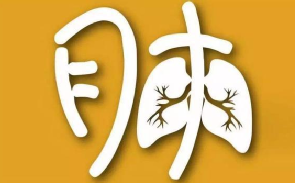
The Seven Emotions refer to the seven emotional activities: joy, anger, worry, thought, sadness, fear, and fright. Under normal circumstances, these are the normal emotional experiences of the human body, which are physiological and psychological responses to the external environment, based on the essence of the internal organs. However, adverse and prolonged emotional stimuli can damage the essence of the internal organs, leading to dysfunction. This condition is referred to in TCM as “internal injury from the Seven Emotions.”
The Seven Emotions are the normal emotional experiences of the human body, which are physiological and psychological responses to the external environment, based on the essence of the internal organs.
However, adverse and prolonged emotional stimuli can damage the essence of the internal organs, leading to dysfunction. This condition is referred to in TCM as “internal injury from the Seven Emotions.”
Excessive emotions can directly harm the corresponding internal organs, leading to abnormal essence and qi movement, resulting in disease. Joy can cause qi to slow down, leading to phlegm obstructing the heart; for example, Fan Jin Zhong Ju (the character from a story who became ill from excessive joy), while Yue Fei’s anger leading to a furious outburst is a true reflection of anger causing qi to rise.

The “Ling Shu: Xie Ke” states: “The heart is the master of the five organs and six bowels, where the spirit resides.”
The “Lei Jing: Disease Category: Nine Emotions and Qi” states: “The heart is the master of the five organs and six bowels, and it governs the soul and spirit. Therefore, worry affects the lungs, thought affects the spleen, anger affects the liver, fear affects the kidneys; this is why the five emotions are governed by the heart.”
The heart houses the spirit and is the master of the five organs and six bowels. Joy, anger, worry, thought, and fear all arise from the heart and affect other organs. Emotional activities are governed by the heart. Therefore, emotional injuries will first impact the heart and spirit. TCM emphasizes the unity of form and spirit, where the spirit dominates; if the spirit is ill, the form is also ill, thus the relationship between emotions and diseases is inseparable.
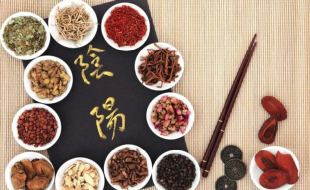
For example:
In recent years, many cases of “anxiety disorder” and “depression” have emerged, which everyone is familiar with and no longer finds strange. With high pressure and many desires… regardless of age or social class, anyone with slightly poor emotions tends to identify with these labels, claiming to be anxious or depressed, often accompanied by insomnia, loss of appetite, constipation, and other symptoms.
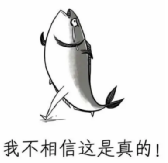
We at Tianyou have also received many similar patients, all claiming to be anxious, some even presenting diagnostic reports from certain hospitals. Even when faced with hospital diagnostic reports, Grandpa Wang remains unconvinced: “I don’t think that’s what you call anxiety disorder. After taking the medicine, see if your so-called anxiety disorder improves; I haven’t used any anxiety medication, and I’m fine!” After a few adjustments, the patients not only improved their emotions but also restored their appetite, sleep, and bowel movements, feeling much more energetic.
So how did Grandpa Wang achieve this?
As mentioned earlier, the Seven Emotions are based on the essence of the internal organs. Therefore, TCM takes a different approach, not only focusing on the surface mental symptoms of patients but understanding the causes of their mental illnesses from the essence of the internal organs. Since the Seven Emotions arise from the essence of the five organs, treating the diseases of the five organs, nourishing the heart can calm the spirit, soothing the liver can relieve depression, strengthening the spleen can transform phlegm, benefiting the lungs can regulate qi movement, and nourishing the kidneys can support the foundation of yin and yang in the body, restoring balance among the five organs, leading to self-healing. It’s that miraculous!
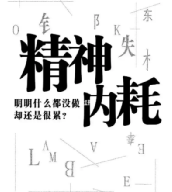
The spirit, or “shen,” is abstract, while Western medicine, which emphasizes realism, tends to rely on quantitative data and charts for diagnosis, and has no effective solutions for emotional diseases, resorting only to psychiatric medications or electrotherapy to control the condition.
These concepts from over two thousand years ago in the “Huangdi Neijing” (Yellow Emperor’s Inner Canon) are undoubtedly wise and profound compared to the modern medical frontier of psychosomatic medicine.
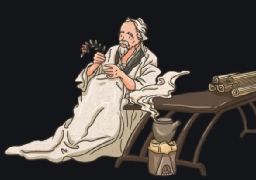
Additionally, some outpatient patients do not understand and feel that we doctors are unwilling to explain the causes of their illnesses or that we have not explained them clearly. Sometimes this indeed puts us in a difficult position because the five organs mutually generate and restrain each other, being closely related and interdependent. An illness in one organ will inevitably cause changes in others.
Therefore, it is not that doctors are unwilling to inform patients of detailed causes and mechanisms of their illnesses and prognosis; it is simply that TCM cannot summarize in one sentence or one disease name like Western medicine, as there are too many interrelated factors. Otherwise, why do TCM students need to study for eight or nine years to establish a foundation? If we doctors only address a specific issue and inform patients in a one-sided manner, it would be misleading and inappropriate! I hope everyone understands this!

How does TCM promote health and prevent diseases caused by the Six Excesses and Seven Emotions?
1. Follow Nature.
Human beings correspond to nature, which is a concentrated expression of TCM’s unique holistic view. Humans are born between heaven and earth, relying on nature for survival. On one hand, we depend on the material conditions provided by nature, and on the other hand, we must adapt to the changes of yin and yang throughout the four seasons. Following nature requires that human life activities adhere to the objective laws of the natural world, adapt to changes in nature, and pay attention to the seasons to avoid the invasion of the Six Excesses of cold, heat, rain, and dew, thus achieving the goal of warding off evil, preventing diseases, and prolonging life.

If the human body can adapt to the climatic changes of the external environment, then the Six Excesses will not harm it, and the body will be healthy and clear, free from diseases. Let’s look at the differences between ancient and modern times:
Ancient people went to bed early and rose early, not going against the natural order, while modern people have an abundance of material goods but do not prioritize health. They worked at sunrise and rested at sunset, thus corresponding to nature, while modern people’s nocturnal habits have strayed far from the health practices of the circadian rhythm.
In this rapidly developing beautiful era, people indulge in excesses while fearing diseases, leading to remedies like beer with goji berries or cola with dang shen (Codonopsis pilosula). Little do they know that no matter how much they try to deceive themselves, they will eventually return to reality in the mirror of natural laws. Perhaps only by looking back can they understand that TCM’s concept of harmony between heaven and humanity is not mere talk.
2. Nourish both Body and Spirit.
Body refers to the physical form, while spirit refers to mental well-being. Health can only be maintained by nourishing both body and spirit; when the spirit is clear, the body is stable, leading to health and longevity. Quietude nourishes the spirit, which can be achieved through tranquility, self-cultivation, and qigong to maintain a peaceful and serene mental state, enhancing physical and mental health; movement nourishes the body through physical exercise, labor, walking, guiding, and massage to promote the smooth flow of qi and blood. By combining movement and stillness, in moderation and persistently, one can achieve the effect of nourishing both body and spirit, prolonging life.
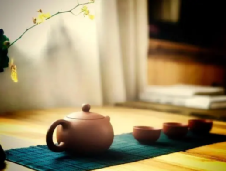
3. Regulate the Spleen and Stomach.
The spleen and stomach are the foundation of postnatal life and the source of qi and blood production; thus, their strength is a crucial factor determining health and longevity. Ming dynasty physician Zhang Jingyue stated: “The earth qi is the source of all things, and the stomach qi is the master of health. A strong stomach leads to strength, while a weak stomach leads to weakness; with a stomach, there is life; without a stomach, there is death. Therefore, health practitioners should prioritize the spleen and stomach.” This statement highlights the importance of the spleen and stomach. In clinical practice, we find that patients with severe diseases like cancer still have a chance of survival if their stomach qi is present.
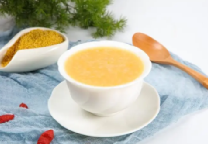
When the spleen and stomach function well, the essence from food is abundant, leading to sufficient qi and strong organ function, resulting in a healthy body and vibrant spirit. The key to regulating the spleen and stomach is dietary adjustment, ensuring a balance of hot and cold, appropriate hunger and satiety, and comprehensive, clean nutrition. This not only protects the spleen and stomach from harm but also ensures that the body receives adequate and balanced nutrients. Additionally, methods such as herbal regulation, mental adjustment, acupuncture, and massage can be used to nourish the spleen, achieving the goal of strengthening the spleen and stomach, nurturing postnatal health, and prolonging life.
4. Preserve Essence and Protect the Kidneys.
Essence is the fundamental substance that constitutes the human body and promotes growth and development. Essence transforms into qi, qi generates spirit, and spirit governs the body; essence is the foundation of qi, form, and spirit, and is key to health and longevity. Both congenital and acquired essence are stored in the kidneys, forming the kidney essence, which is the source of human growth, development, and reproductive functions. Therefore, preserving essence focuses on nurturing kidney essence. The principle of protecting kidney essence lies in moderation, ensuring that sexual activity is regulated and not excessive, allowing kidney essence to be abundant, qi to be sufficient, and spirit to be vibrant, thus benefiting physical and mental health. Additionally, methods such as exercise, guiding, massage, dietary therapy, and herbal supplementation can be employed to achieve the goal of nourishing essence and protecting the kidneys.
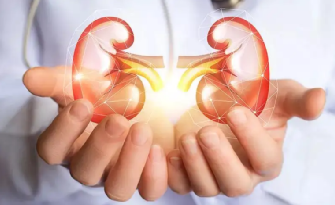
As winter approaches, which corresponds to the “kidneys” in the human body, it is crucial to nourish the kidneys during this season. One can consume more black foods that nourish the kidneys, such as black goji berries, black beans, black sesame, black rice, and black fungus, while avoiding overly salty and cold foods to prevent depleting kidney essence. Adapting to atmospheric changes, harvesting in autumn and storing in winter, appropriate nourishment during this time can yield significant results, making it very necessary.
In summary, the congenital foundation lies in the kidneys, while the acquired foundation lies in the spleen; the two are interdependent and mutually promote each other, existing in close connection. Regulating and nourishing the spleen and kidneys is a primary method for cultivating righteous qi and is an important pathway for health and longevity.

Whether it is the Six Excesses or the Seven Emotions, TCM treatment fundamentally involves three principles: treating according to the cause, seeking the root of the disease, supporting the righteous qi, and expelling the evil. Balancing the body internally and externally, ensuring smooth circulation of qi and blood leads to a clear spirit and a healthy body, free from diseases and unafraid of epidemics!
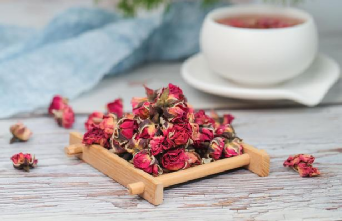
Everything has its limits; excess or deficiency is abnormal. For instance, excessive heat in summer can lead to heatstroke, while insufficient cold in winter can easily lead to epidemics. As beings nurtured in nature, the human body will naturally adjust with the changing seasons; just as all things harvest in autumn and store in winter, the human body should do the same. If summer does not expel heat, it will lead to yin deficiency and excessive fire; if winter does not store yang, it will lead to depletion of yin essence.
Humans cannot be separated from nature; the cold and heat are natural gifts beneficial to body and mind. All things have their destined time; following the natural order is the most compassionate respect for life.
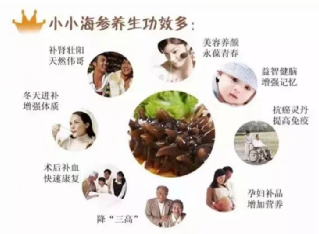
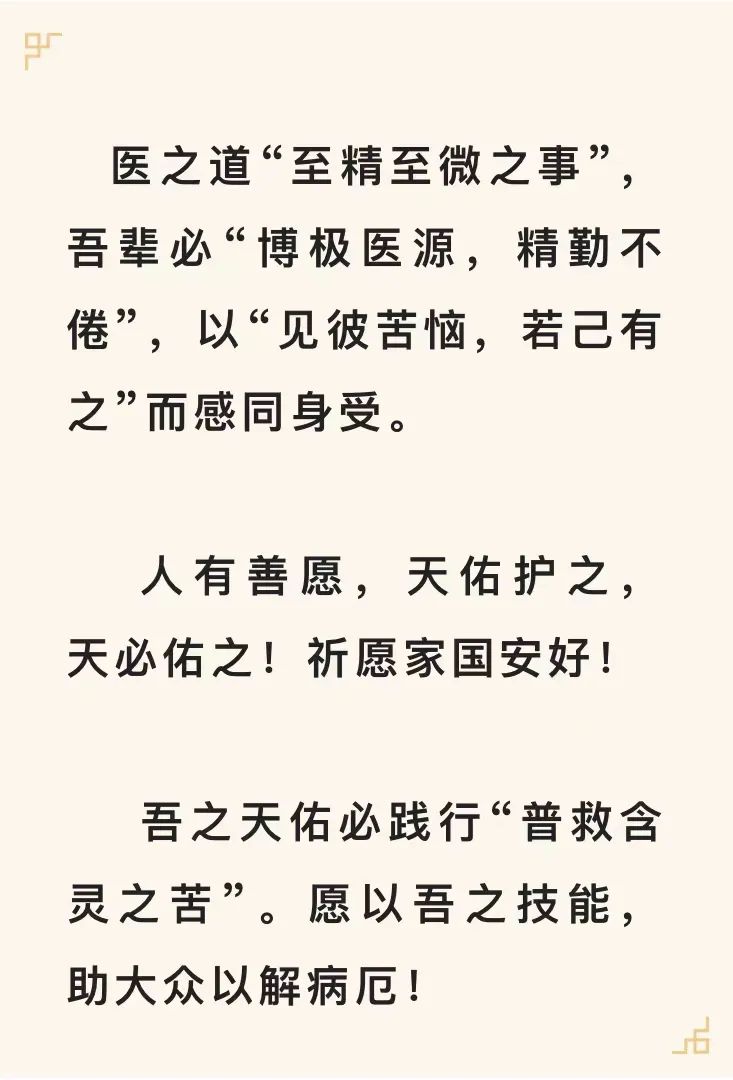 Long press to recognize the QR code and follow us!
Long press to recognize the QR code and follow us!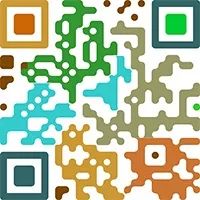 Countless remedies to treat diseases and save livesWith compassion, Tianyou is dedicated to healing the world
Countless remedies to treat diseases and save livesWith compassion, Tianyou is dedicated to healing the world

